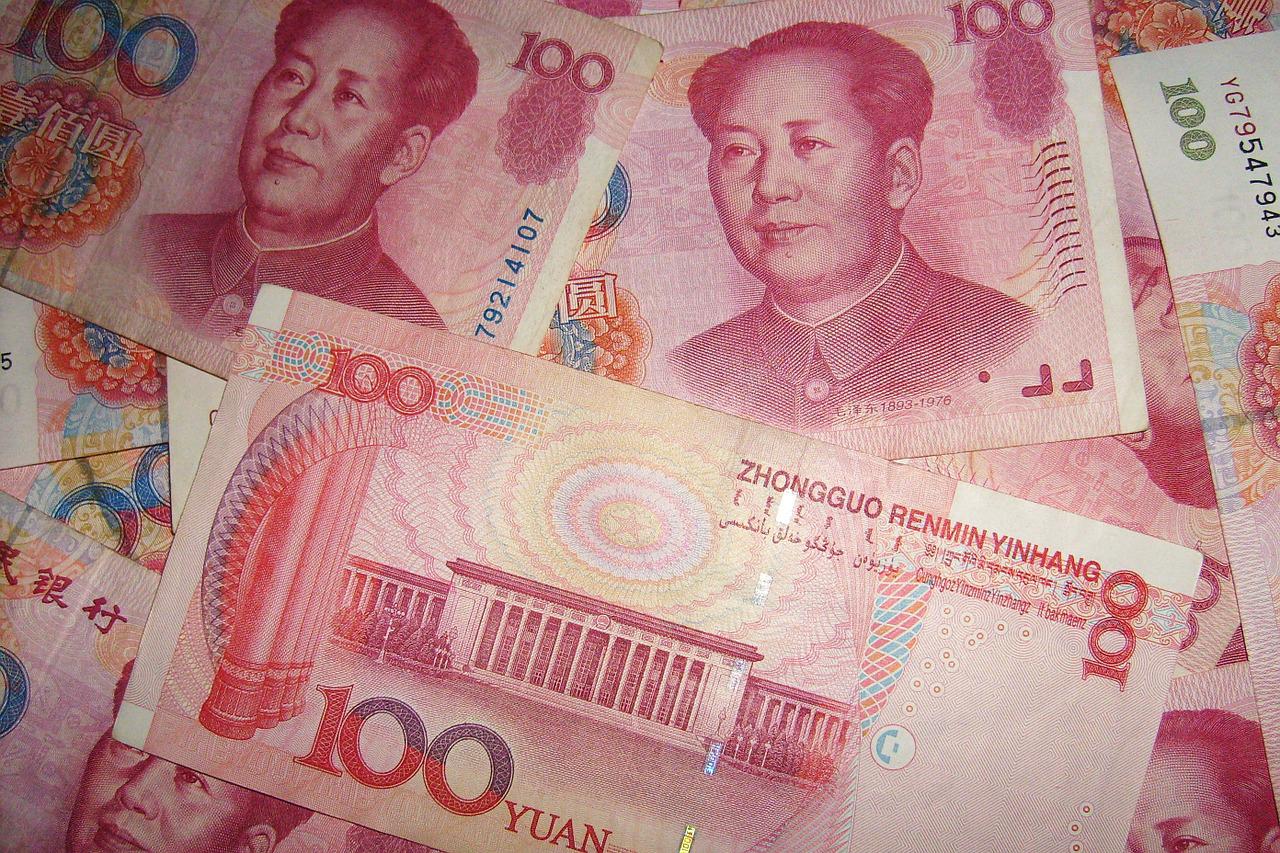
China’s Banks Scrambling to Raise Capital and Answering Calls for Supporting Economy
On Wednesday, China Construction Bank Corp (CCB) joined its peers to sell bonds worth 60 billion yuan ($8.9 billion). The aim was to replenish their capital for dealing with tighter regulations and for offering support to an economy that has been hit by the coronavirus.
Government Asks Banks for Assistance
The Chinese government reached out to the country’s banks and asked them for assistance in stabilizing the second-largest economy in the world. This can be accomplished by lending funds to small businesses and in sectors that have dealt with the brunt of the coronavirus curbs that were implemented in some of the biggest cities in China in the previous few months.
In order to answer the call of the government, the banks have resorted to selling the bonds. From January to May, local banks, such as the Bank of China Ltd (BOC) and Industrial and Commercial Bank of China Ltd (ICBC) sold subordinated bonds that were worth a whopping 400 billion yuan. As compared to a year ago, this marked an increase of 42%.
This move comes as the monetary easing in China is pushing down the interest rates in the country. Plus, share sales cannot be used for raising capital because most banks are already trading below their book value. This week, CCB will sell its bonds via the interbank market and funds would be used for supplementing the bank’s Tier 2 capital.
According to exchange filings, bonds worth 60 billion yuan would be sold off by the end of next year. Apart from that, CCB is also planning on replenishing its capital by selling perpetual bonds of about 100 billion yuan in overseas market. It will also sell additional debt of about $3 billion.
Tough Challenges for Commercial Banks
Market experts said that an increase in bond issuance shows that commercial banks are gearing up to stabilize capital and loans are expected to increase by the end of this year. Not only do they have to raise capital, but big banks also have to comply with tougher capital rules, which involve preventing financial instability and loss absorption.
The biggest four lenders in China, the Agricultural Bank of China Ltd, BOC, CCB and ICBC, have been told by the government to meet the loss-absorbing capacity targets. This means that in the next couple of years, the banks would have to handle a capital gap of around 3.5 trillion yuan.
As far as smaller banks are concerned, they also have to deal with tough capital challenges in an environment where the economy is facing slowdown. Their access to depositors and capital markets is already limited and this also threatens the asset quality. Bank shares are therefore down to half of their value because of worries about profitability.
Chinese banks have capital ratios that are above the limit imposed by regulations, but their capital generation is inadequate. Furthermore, the government is asking the banks to offer cheaper loans for stimulating economic activity, thus giving up a significant part of their profits.




